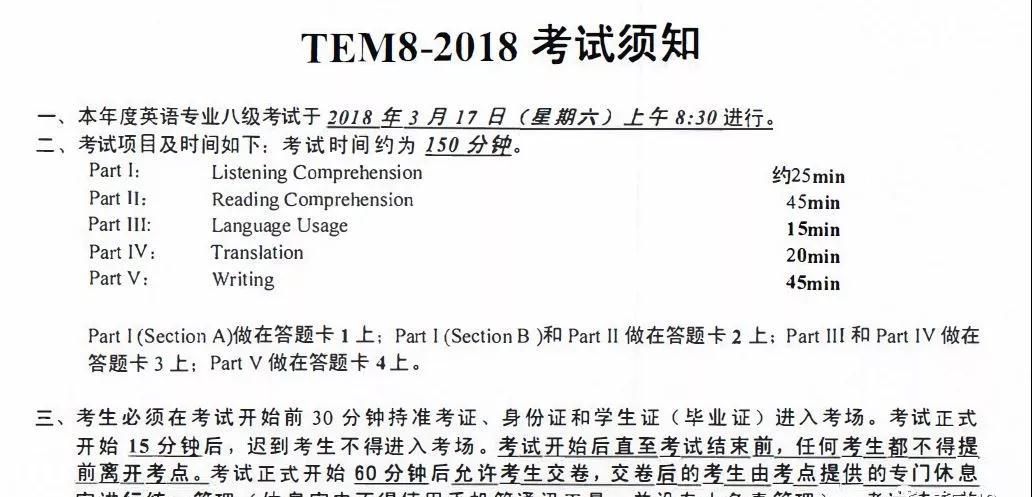2008年职称英语理工类教材新增部分内容(七)
|
10. Smart Window (B级) (替换2007年用书理工类阅读理解第三十三篇:Star Quality) Windows not only let light in to cut down an electricity use for lighting, but the light coming through the window also provides heat. However, windows are not something people typically associate with being a cutting edge1 technology. Researchers are now working on new technologies that enable a window to quickly change from clear to dark and anywhere in between with a flip of a switch2. “It took us a long time to figure out what a window really is,” says Claes Granqvist. He’s a professor of solid-state physics at Uppsala University in Sweden3. “It’s contact with the outside world. You have to have visual contact with the surrounding world to feel well.” So, windows and natural light are important for improving the way people feel when they’re stuck indoors. Yet, windows are the weak link in a building when it comes to energy and temperature control. In the winter, cold air leaks in. When it’s hot and sunny, sunlight streams in. All of this sunlight carries lots of heat and energy. And all of this extra heat forces people to turn on their air conditioners. Producing blasts of cold air, which can feel so refreshing, actually suck up enormous amounts of electricity in buildings around the world. Windows have been a major focus of energy research for a long time. Over the years, scientists have come up with a variety of strategies for coating, glazing, and layering windows to make them more energy efficient. Smart windows go a step further. They use chromogenic technologies which involve changes of color. Electrochromic windows use electricity to change color. For example, a sheet of glass coated with thin layers of chemical compound such as tungsten oxide works a bit like a battery. Tungsten oxide is clear when an electric charge is applied and dark when the charge is removed, that is, when the amount of voltage is decreased, the window darkens until it’s completely dark after all electricity is taken away. So applying a voltage determines whether the window looks clear or dark. One important feature that makes a smart window so smart is that it has a sort of “memory.” All it takes is a small jolt of voltage to turn the window from one state to the other. Then, it stays that way. Transitions take anywhere from 10 seconds to a few minutes, depending on the size of the window. The development of smart windows could mean that massive air conditioning systems may no longer need. “In the future,” Granqvist says, “our buildings may look different.
词汇: flip n. & v. 用手指轻弹,轻击 tungsten oxide 氧化钨 air conditioner 空调(器) jolt n. & v. 震摇,颠簸,晃动 refreshing adj. 使人清爽的 electrochromic adj. 电致变色的 glaze v. 装玻璃,用玻璃覆盖 voltage n. 电压 chromogenic adj. 发色的 air conditioning 空调,空调系统
|








